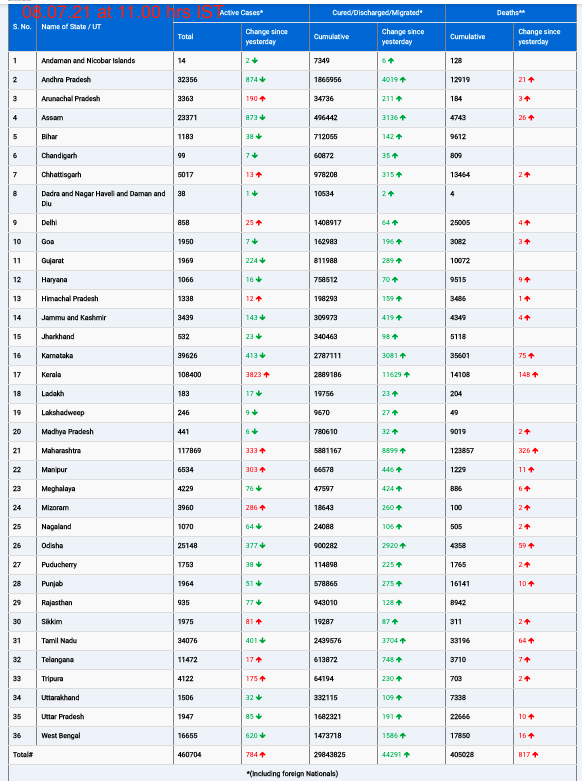New research has unveiled that low doses of acetylsalicylic acid, commonly known as aspirin, can significantly reduce inflammatory reactions triggered by restricted sleep. This groundbreaking discovery offers potential new avenues for mitigating the health consequences associated with sleep deprivation.
Key Findings
The study compared the effects of low-dose aspirin to a placebo and found that preemptively taking aspirin during periods of sleep deprivation effectively mitigates inflammatory responses. Key indicators of inflammation, such as the expression of interleukin-6 and the presence of COX-1/COX-2 double-positive cells in lipopolysaccharide-stimulated monocytes, were notably decreased. Additionally, aspirin lowered the levels of C-reactive protein in the serum, a marker for inflammation.
“The novelty of this study is that it investigated whether we can pharmacologically reduce the inflammatory consequences of sleep restriction,” explained lead author Larissa Engert, a postdoctoral fellow at Beth Israel Deaconess Medical Center and Harvard Medical School. “We used a non-steroidal, anti-inflammatory drug because it has been shown to affect specific inflammatory pathways, which were previously shown to be dysregulated by experimental sleep restriction or sleep disturbances.”
Detailed Study Protocols
The study involved 46 healthy adults in a randomized, placebo-controlled crossover trial, consisting of three protocols: sleep restriction/aspirin, sleep restriction/placebo, and control sleep/placebo. Each protocol included a 14-day at-home phase followed by an 11-day in-hospital stay. During the sleep restriction/aspirin condition, participants took low-dose aspirin throughout both phases. The in-hospital phase began with two nights of an eight-hour sleep opportunity, followed by five nights of a four-hour sleep opportunity under sleep restriction conditions, and concluded with three nights of recovery sleep. The control sleep condition maintained an eight-hour sleep opportunity throughout the in-hospital stay. Sleep and immunologic measures were assessed at baseline and various points throughout the study.
Implications and Future Directions
Engert highlighted that the aspirin-induced reduction in inflammatory pathway activity among sleep-restricted participants was accompanied by decreased wakefulness after sleep onset and increased sleep efficiency during recovery sleep. “These findings show that it is possible to blunt inflammatory pathways activated by sleep restriction through preemptive administration of low-dose aspirin. This may foster the development of new therapeutics that specifically target those pathways, and do not exhibit the undesirable side effects associated with aspirin, such as bleeding and stroke,” she said. “Such therapeutics could complement behavioral sleep improvement therapies to better prevent or control inflammation and its consequences in those experiencing periods of sleep deficiency.”
Reference and Support
The study, titled “Using Low-Dose Acetylsalicylic Acid to Target Inflammation in Response to Experimental Sleep Restriction in Humans,” was authored by Larissa Engert and colleagues. It was published on April 20, 2024, in the journal Sleep and presented at the SLEEP 2024 conference in Houston. This research was supported by grants from the National Institutes of Health, the German Research Foundation, and the Sleep Research Society Foundation.
The promising findings from this study could pave the way for new therapeutic approaches to managing the adverse effects of sleep deprivation, offering hope for those who struggle with insufficient sleep and its associated health risks.












